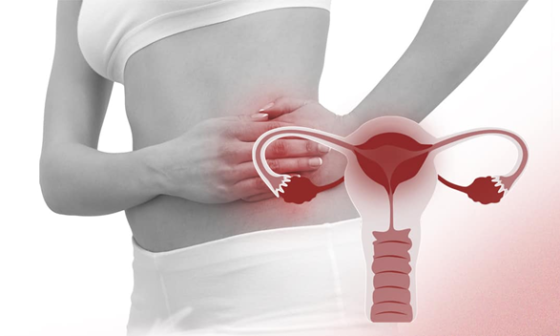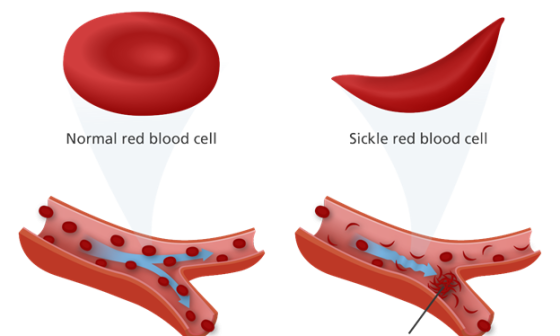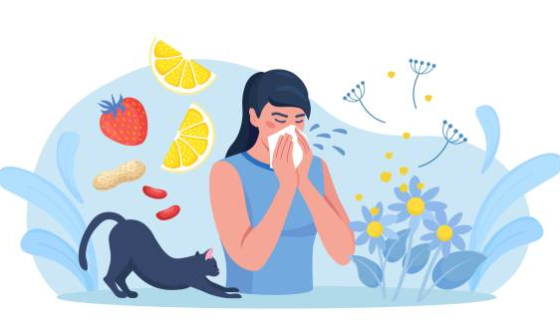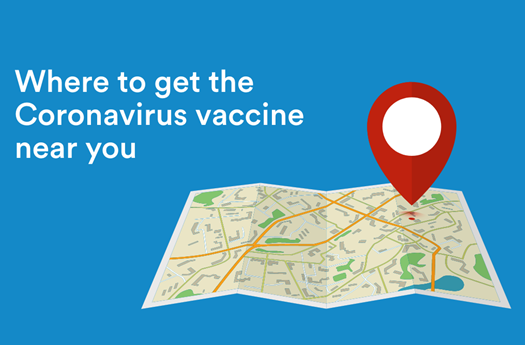Malaria is a serious parasitic infection affecting people of all kinds, especially in Malaria endemic regions. The disease is transferred through a bite from the Female Anopheles Mosquito. Severe malaria can progress to a fatal outcome rapidly, so its treatment should be initiated as soon as possible.
What is the best treatment for malaria?
The best treatment for malaria is the ACT Combination usually Coartem. This line of treatment is usually used for follow-up treatment on malaria and has a less adverse reaction and drug resistance when compared to older treatments like quinine.
Malaria causative factors
There are different kinds of Malaria parasites, each of them operating differently inside the host’s body.
Plasmodium falciparum is the deadliest malaria infection out there causing the highest death rates in women, children, and older people. This parasite is very common in Sub-Saharan Africa.
The other malaria parasites include Plasmodium vivax and P. ovale. These parasites can remain in the bloodstream/liver for years without causing any sickness. However, if left untreated, even after many years, the host is still susceptible to attacks and can come down with an infection at any time.
Diagnosis
The Symptoms of malaria vary from individual to individual and are non-specific, however, it mostly includes high fever, headaches, nausea, vomiting, and flu-like symptoms. Symptoms usually begin 10 days to 4 weeks after infection but go unidentified for years.
If left untreated, malaria can cause serious liver or kidney disease, or death which is why once you suspect you have malaria, you need to see a Doctor for a proper diagnosis before treatment. A proper diagnosis is essential as it allows your doctor to know the right kind of treatment method to use depending on the causative factor of your infection.
A list of factors that contribute to this is
- Determining the infecting Plasmodium species. This is important because each species has a different mode of operation. For example, Plasmodium falciparum and P Knowlesi infections can cause severe illness or death, while the other species, P. vivax, P. ovale, and P. malariae, are less likely to cause severe disease.
Also for the P. vivax and P. ovale infections which remain dormant in the liver and can cause relapsing episodes, treatment options are different.
Moreover, P. falciparum and P. vivax species have different drug resistance patterns in different geographic regions of the world. All of this initiates the appropriate treatment options is especially critical.
2. Previous use of antimalarial drugs: It is important to consider if malaria occurred while an individual was taking a drug for malaria chemoprophylaxis. In this case, the treatment regimen should avoid drug or drug combinations used for prophylaxis unless no other options are available.
3. Area of infection: some malaria parasites are endemic to certain regions and Knowledge of the geographic area where the infection was acquired provides information on the likelihood of drug resistance of the infecting parasite and enables the treating clinician to choose an appropriate drug or drug combination.
To diagnose malaria, your doctor will likely review your recent medical and travel history, conduct a physical exam, and order blood tests.
A Blood test is necessary as it helps indicate:
- The presence of the Malaria parasite in your blood confirms that you have malaria
- Also to inform the physician on the type of malaria parasite causing your symptoms
- If your infection is caused by a parasite resistant to certain drugs or Whether the disease is causing any serious complications in your body.
Treatment and Prevention of Malaria
Malaria Prevention involves chemoprophylaxis and mosquito avoidance. Treatment involves antimalarial drugs and supportive measures.
Treatment of Malaria is dependent on a couple of factors including;
- the type of malaria parasite you have
- the severity of your symptoms,
- Your age and
- Whether you’re pregnant
And the two most common methods for the treatment of malaria are :
- Taking drugs to fight the already active infection or :
Chloroquine used to be a very common treatment option for malaria, however, the drug is now banned in many parts of the world, as malaria parasites are now resistant to chloroquine, and the drug is no longer an effective treatment. But chloroquine can still be used in areas where there is no drug resistance.
Artemisinin-based combination therapies (ACTs) are another antimalarial drug. ACT is a combination of two or more drugs that work against the malaria parasite in different ways. This is usually the preferred treatment for chloroquine-resistant malaria. Examples include artemether-lumefantrine (Coartem) and artesunate-mefloquine.
- Using drugs to prevent infection. This is known as prophylactic medicine and is used in the IPTp treatment methods for pregnant women but it’s not 100% effective as a person can still contract malaria even afterward, however, the symptoms are suppressed, and chances of falling sick are reduced to about 90%.
Currently, there is still no vaccine for malaria and so to increase the efficacy of this method, drugs should be used with treated mosquito nets, and cleaner home environments should be maintained to reduce malaria breeding spots. If you are also in an area with plenty of mosquitoes, wearing long sleeves and insect repellent can reduce the frequency of mosquito bites.
What is the best malaria treatment for pregnant women?
Malaria in pregnant women takes a different approach as not all antimalarial drugs are safe for their use. Examples include Atovaquone-Proguanil, Doxycycline, Primaquine, etc.
Pregnant women diagnosed with malaria caused by P. falciparum infection in the second and third trimesters can be treated with artemether-lumefantrine.
Read also: our article on treating malaria in pregnancy
For pregnant women, a precautionary move would be to avoid traveling to malaria-endemic areas till delivery if possible. In the case a journey is essential, chemoprophylaxis should be employed.
Encouragingly, a number of new drugs and combinations of drugs hold promise for the effective treatment of malaria in pregnancy but adequate data on their safety in pregnancy is currently lacking
Is malaria a contagious disease?
Anyone can get malaria, especially in countries with high transmission rates. An infected mother can transfer the disease to their unborn child, (this is known as Congenital Malaria) and people visiting malaria-endemic countries are at higher risk of developing severe infection
However, Malaria is not spread from person to people like water or airborne disease, it also cannot be sexually transmitted.
The Malaria Vaccine
Efforts are currently ongoing to create a Malaria vaccine and Vaccines targeting pre-erythrocytic stages and merozoite antigens of P. falciparum and P. vivax are already in advanced development stages.
However, the malaria parasite is very complex, and developing a vaccine is quite difficult as scientists do not fully understand its complex nature. Finding a vaccine for malaria would account for a groundbreaking achievement in medicine globally plus save millions of lives, especially in low and middle-income countries.
The Role we all play in malaria eradication
To create a Malaria free world, we all have a collective role to play. Adequate malaria control alone could prevent 3–8% of infant deaths.
First, encouraging the use of insecticide-treated nets (ITNs), especially in rural areas where most people can not always afford recurring malaria treatment. This provides a cheaper yet efficient method to reduce the infection. However, for varying reasons, most people do not sleep under treated nets.
Another issue would be accessibility. Most people want a net but can’t get it. Where we can help, reaching people in these areas with ITNs would be helpful.
Intermittent Preventive Treatment in Pregnancy (IPTp), using regular treatment doses of the antimalarial sulphadoxine-pyrimethamine (SP) has been shown to help reduce the risk of a severe infection for pregnant women. Unfortunately, high-level coverage with SP IPTp has not yet been fully achieved. By encouraging more pregnant women to visit ante-natal sessions, we could see an improvement.
Finally, it is glaring that Preventing and eradicating malaria relies on a whole lot of factors from the proper use of insecticide-treated bed nets to intermittent preventive treatment with antimalarials, to Government funding Malaria focused research and the potential development of effective vaccines. We all have a role to play.
Malaria Fact Sheet
The World Health Organization has a quick malaria factsheet that shows key information about this parasite and how the international organization continues to fight. See here
At WellaHealth, however, we understand that there is a need for access to affordable healthcare – tests and treatment for malaria. In fact, we created the Malaria Plan specifically to help residents in Nigeria access quality healthcare and not self-medicate.
How the Malaria Treatment Plan Works?
When you get a Malaria Plan from WellaHealth and have symptoms of the disease. You would connect with a team member via our hotline. This team member will help you access the best diagnostic and pharmacy partner for your tests and recommendations for the malaria treatment that works for you.






